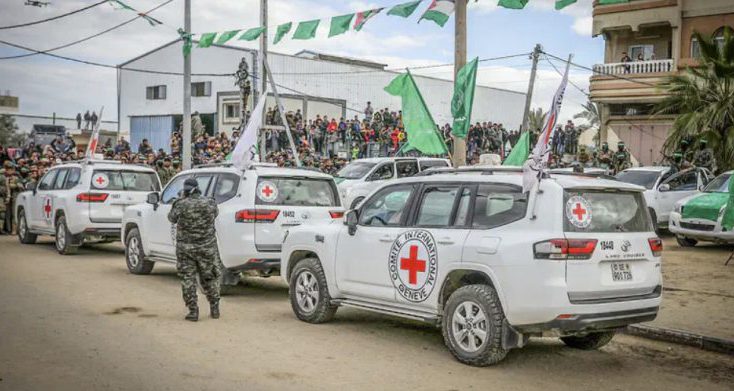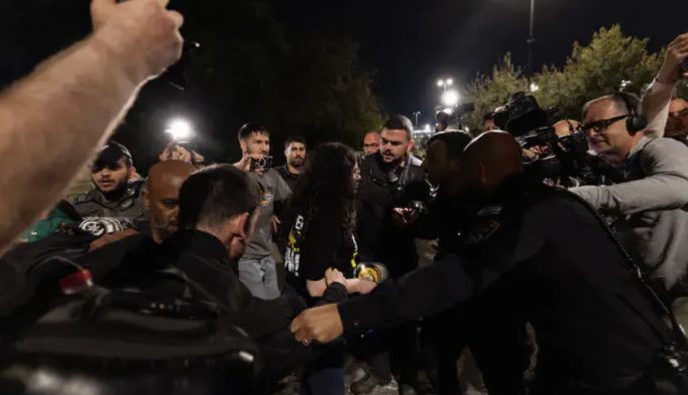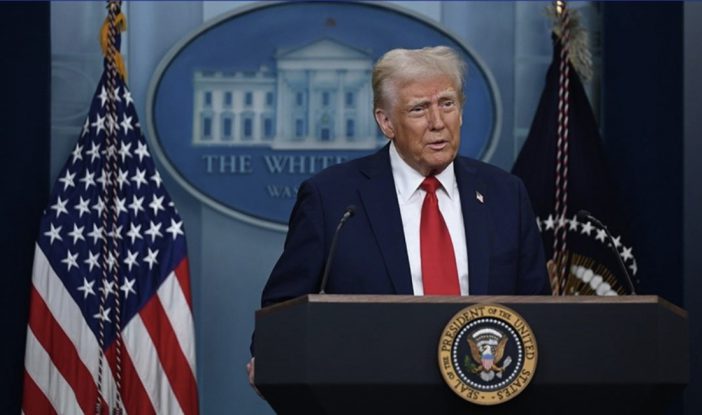Hamas has submitted its “improved” response to the Gaza ceasefire proposal, sparking cautious optimism in Israel and setting the stage for high-stakes talks in Sardinia, even as a demand to reopen the Rafah crossing looms large.
In a dramatic turn that could reshape the future of Gaza, the murderous terror organization Hamas announced early Thursday morning that it has officially delivered its response to mediators regarding the proposed ceasefire. The world holds its breath as a source involved in the high-stakes negotiations confirmed the submission to Kan News, though the critical question of whether the response is truly positive or negative remains veiled in secrecy.
However, a senior Israeli official, speaking to Channel 12 News, offered a glimmer of cautious hope. While Israel is currently reviewing the document, the official revealed a crucial detail: “There has been an improvement in Hamas’s response compared to yesterday – there’s now something to work with.” This statement stands in stark contrast to Hamas’s initial response submitted on Tuesday, which was outright rejected by mediators for failing to meet key conditions, prompting a “firm message” demanding “immediate and significant flexibility.”
The diplomatic chess match intensifies today as US Special Envoy for the Middle East, Steve Witkoff, is slated to meet with Israeli Minister Ron Dermer and a senior Qatari official on the exclusive island of Sardinia, Italy. This high-level summit underscores the urgency and international pressure surrounding these negotiations.
Adding to the speculation, Al-Arabiya reported late Wednesday evening that Hamas had already expressed initial agreement to the new proposal for a hostage release deal and ceasefire, suggesting their full response was anticipated to be positive.
A major point of contention and potential breakthrough, as reported by Kan News and Palestinian Arab sources, is Hamas’s demand for the reopening of the Rafah crossing as part of the deal. Crucially, these sources indicate this demand is “highly likely to be accepted by Israel.” If realized, this would mark an unprecedented moment: the first time since the war’s outbreak that Gazans would be permitted to re-enter the Gaza Strip via Rafah.
Despite this potential concession, officials in Jerusalem have conveyed a firm stance: Israel does not intend to offer further compromises to Hamas, emphasizing that a series of significant concessions have already been made to advance the release of the hostages.
The coming hours are critical as the international community watches to see if this “improved” response can finally pave the way for a breakthrough in the agonizing conflict.





